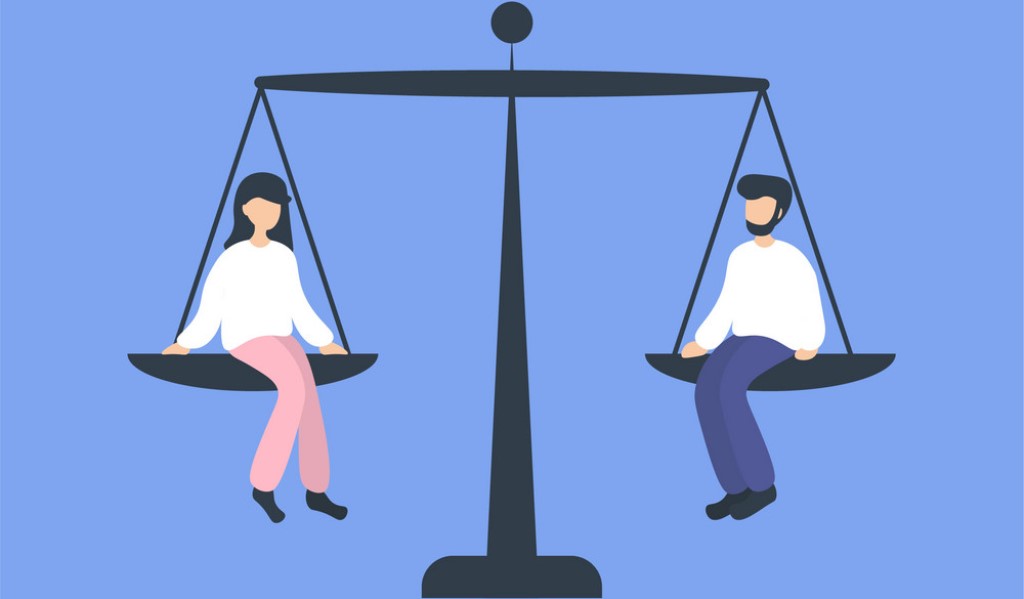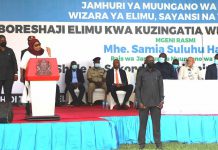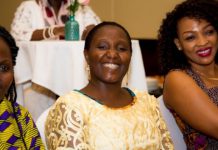AS the world marks 25 years after the Beijing Declaration and Platform for Action that had set out a clear path on how to achieve gender equality, Tanzania has witnessed remarkable progress worth praising and emulation.
Though, women and girls continue to suffer some degree of violence and discrimination in access to employment, health services, education and decision making processes, the situation has not gone out of hands.
Speaking in an event to mark International Women’s Day (IWD) in Dar es Salaam yesterday, Ushiriki Tanzania Vice Chairperson, Ms Rose Ruben said the root causes of gender inequalities include historical and structural power imbalances between women and men and pervasive gender stereotypes, which require address.
“Some of the main challenges for gender equality in Tanzania are inequitable access and ownership of land and resources. We have low participation of women at all levels of decision making grassroots, gender based violence and women exclusion from the economy,” she noted.
Ms Ruben who doubles as Tanzania Media Women’s Association (TAMWA), Executive Director asserted that as few months remain to the General Election, the coalition promotes women’s voice and participation in electoral and decision-making processes.
She further said that Ushiriki Tanzania urges government agencies in the electoral process mainstream not to exclude women, people with disabilities and youth.
Ushiriki Tanzania is a coalition of Civil Society Organisations (CSOs) championing participation of women, youth and people living with disabilities in democratic process in Tanzania.
“Investing in girls and women’s right to political participation is a necessary step towards achieving a global gender equality and democratic governance,” she said.







